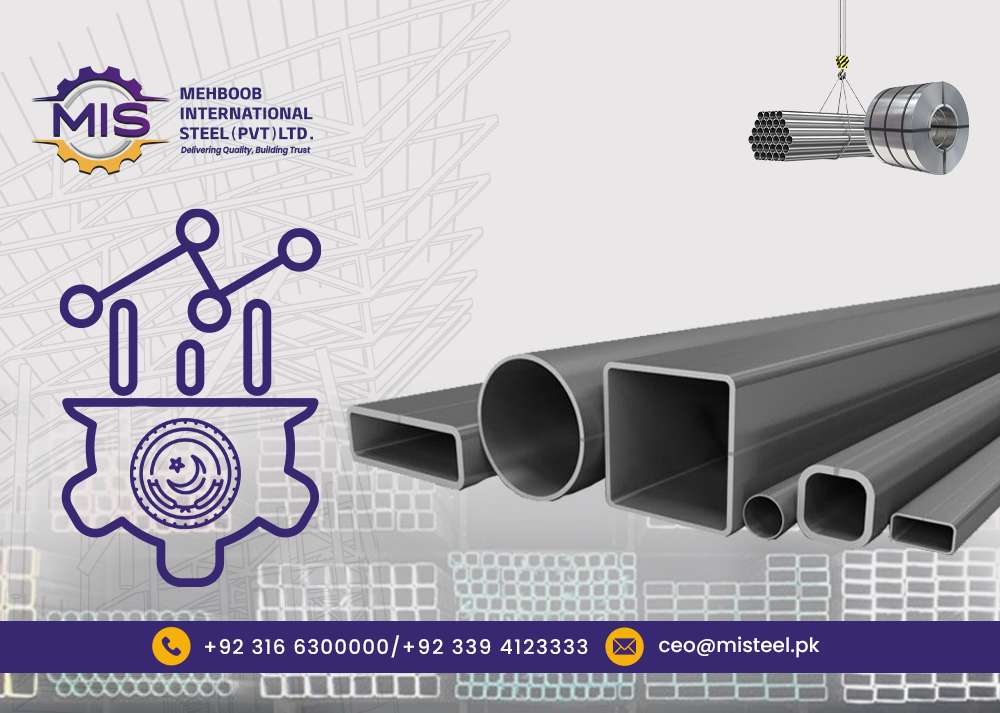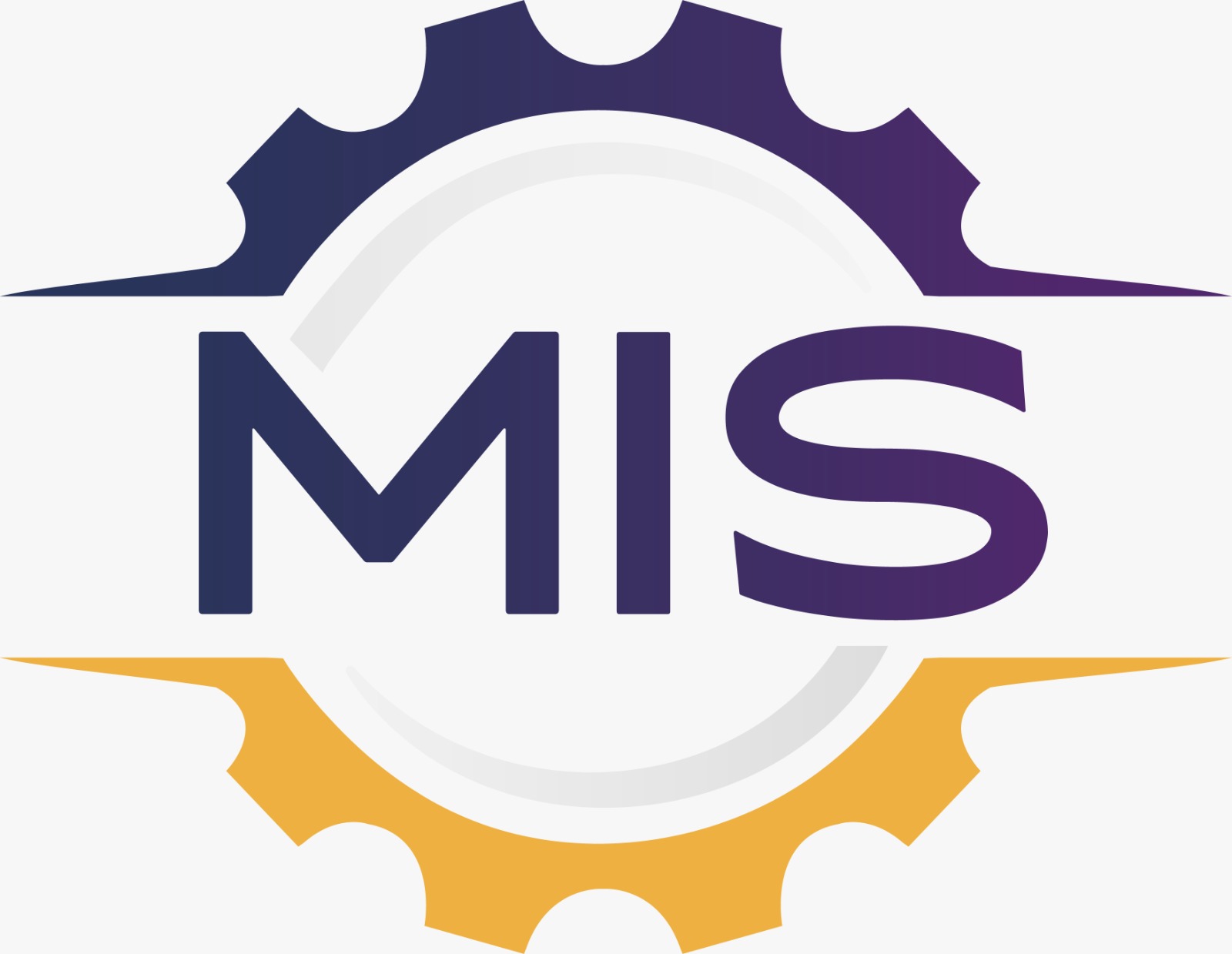
1-Your Guide to Iron Pipe Price in Pakistan: What You Need to Know for Smart Investments.
Introduction
Iron and steel pipes are extensively used in Pakistan for applications such as water supply, sewerage, oil and gas transportation, and infrastructure construction. The high demand keeps buyers interested in price trends, to appropriately budget their projects and gain cost competitiveness. From large infrastructure projects to routine plumbing requirements, iron and steel pipes form a crucial construction commodity across Pakistan. Pakistan has over 300 foundries and pipe mills located mostly in the Punjab province that manufacture steel pipes. Their combined annual output exceeds 1.2 million metric tons to cater to swelling local and export demand. Iron Pipe price in Pakistan have soared manifolds from a decade ago due to rapid urbanization and growth of housing, integrated with rising input costs.

Factors Impacting iron pipe price in Pakistan
As an essential raw material, volatility in Iron Pipe Price in Pakistan directly impacts construction budgets. Unpredictable pricing also hampers infrastructure development and the provision of affordable houses for common citizens. Thus it becomes vital for pipe buyers ranging from contractors, project owners to individual home builders to track pricing trends and adopt measures for cost control and optimization.
This detailed guide aims to provide exhaustive knowledge regarding Iron Pipe Price in Pakistan, determinants of pricing, category-wise price variances, and most importantly – tactics that buyers can deploy for reducing procurement costs in Pakistan’s buoyant pipes market. The discussion analyzes the forces shaping an upwards pricing trajectory and recommends smart purchasing strategies in response, allowing users to forecast budgets and negotiate better deals.
Iron Pipe Price Trends in Pakistan
Historically, iron pipe price in Pakistan have seen gradual yet steady increases over the past decade, with an average growth of 5-7% annually. Seasonally, pipe prices are higher between October to February, linked to higher manufacturing costs during winter months. Global price trends also influence domestic rates, as imported scrap is the main raw material for Pakistani pipe mills.
Currently, different sizes of black Iron Pipe Price in Pakistan retail at around PKR 550-750 per meter, depending on negotiations. The rates for galvanized iron (GI) or mild steel pipes range between PKR 750-1,200 per meter. Prices start on the lower side for smaller diameter pipes (1/2” or 3/4″) and move progressively higher as the pipe size increases.
What Impacts Iron Pipe Price in Pakistan?
The major factors About that Iron Pipe Price in Pakistan:
- Raw Material Costs – Any fluctuations in international scrap prices directly affect iron pipe price in Pakistan. Transportation expenses for importing scrap also affect millers.
- Manufacturing Expenses – Energy, labor and overheads account for over half the production costs. Higher utilization levels by pipe mills reduce the share of fixed costs.
- Supply-Demand Scenario – Local demand by booming construction activities and rising exports decide domestic pricing. Healthy inventory levels by manufacturers lead to competitive rates.
- Government Duties & Taxes – Custom duties on imported scrap and sales tax/excise duty on finished pipes influence end-consumer prices significantly.
Price Differential for Pipe Categories
The price variance for different pipe categories is:
- Size-wise: Pipes with a higher diameter are costlier as they require more raw material. There can be a 15-20% price difference between 1/2″ and 4″ NB pipes.
- Material-wise: GI pipes carry a 25-30% premium over black iron pipes. Stainless, aluminum and alloy steel pipes are 100-150% pricier.
- Grade-wise: Higher tensile strength commercial-grade pipes are 20-30% expensive than standard pipes used for plumbing and structural frames.
Buying Pipes at Competitive Rates
To buy pipes at lower prices, bulk purchases offer the highest discounts from manufacturers. Pipe traders provide smaller price benefits for bulk purchases but offer easier logistics and storage solutions. Waiving auxiliary services like cutting, threading or transportation leads to further savings for buyers focusing purely on pipe price.

Understanding Price Negotiation Tactics
Construction contractors who frequently purchase pipes can employ smarter negotiation tactics with manufacturers like:
- Citing competitive quotes: Reference price quotes from other vendors as bargaining leverage for getting discounts. Keep updating market data.
- Bundle buying: Place collective orders for all types of pipes and allied fittings needed in a project. This ensures higher discounts.
- Pay prompt: Opt for advance payments or prompt settlements post delivery to avail the best rates.
- Buy during off-season: Schedule major purchases before October or after February to avoid seasonal hikes.
- Investing relationships: Contractors who liaise single vendors for long terms enjoy special loyalty pricing.
Cost Saving Opportunities
Some other cost saving opportunities include:
- Transport optimization: Absorb freight charges for factory pickup instead of paying dealer margins. Or buy from manufacturers nearest to the project site.
- Storage waivers: Large project sites can double as inventory yards for manufacturers to skip their warehousing expenses.
- Service waivers: Skip auxiliary services like cutting, threading or specialized testing if not required.
Conclusion
In a growing market like Pakistan, understanding the dynamics influencing iron pipe price in Pakistan allows users to forecast budgets and negotiate better deals through factors within their control. A continuous demand-supply imbalance and reliance on imports is expected to drive pipe prices further. Buyers must utilize procurement tactics to optimize costs.
Frequently Asked Questions
Q1:What are the most common types of iron pipes used in Pakistan?
The most popular types of iron pipes used in construction projects in Pakistan include galvanized iron (GI) pipes, black iron pipes, mild steel (MS) pipes, and stainless steel pipes. GI and black iron pipes dominate the market for applications like plumbing, water supply, and sewer lines.
Q2:How frequently do iron pipe prices change in the Pakistani market?
Iron Pipe Price in Pakistan can fluctuate frequently, even on a monthly basis. Prices are impacted by changing input costs, seasonality, supply-demand dynamics and inventory levels maintained by local manufacturers. Changes in trade policies and currency rates also affect pricing.
Q3:Which variety of steel pipes are the cheapest option in Pakistan?
Black iron pipes are generally the most economic option for non-critical applications in Pakistan. They cost around 20% to 30% lesser than more advanced GI and MS pipes. However, black pipes have lower corrosion resistance and strength parameters.
Q4:How can buying in bulk help reduce pipe procurement costs?
Bulk purchase commitments in large order quantities give buyers more negotiation leverage with local pipe manufacturers. Discounts of 10% to 15% on prevailing market rates are common for bulk purchases due to lowered production costs for manufacturers.




Post a comment